Throughout continents and languages, African authors have penned charming narratives that resonate with readers worldwide. Hen Story Company has compiled the next listing of best-selling books and their authors to rejoice the wealthy panorama of African literature.
Over the previous century, African writers have written about their lives, experiences, tradition, historical past, and myths in numerous types, types, and languages. Their works have been extensively printed throughout Africa, Europe, the Americas, and Asia. They’ve written in English, French, Portuguese, Arabic, Swahili, and different indigenous languages.
They wrote, and wrote, with distinctive originality, aptitude, and sincerity. From Chinua Achebe, thought-about the daddy of contemporary African literature, to Trevor Noah, who’s a part of the new-age crop of writers, African literature continues to remain related and as educative as it’s entertaining and enlightening. Though not exhaustive, this listing places collectively a few of Africa’s best-selling books of the previous century.
1. Issues Fall Aside, Chinua Achebe – Nigeria
Nigerian novelist, poet, professor, and critic is greatest recognized for his seminal work, “Issues Fall Aside” (1958). This novel is lauded as probably the most widely-read guide in fashionable African literature.
Issues Fall Aside, by way of its central character, Okonkwo, portrays the collision between conventional African cultures and the imposition of colonial rule. The novel additionally delves into the dynamics of gender roles inside extremely patriarchal societies. As a consequence of its recognition, this guide has been translated into over 50 languages worldwide.
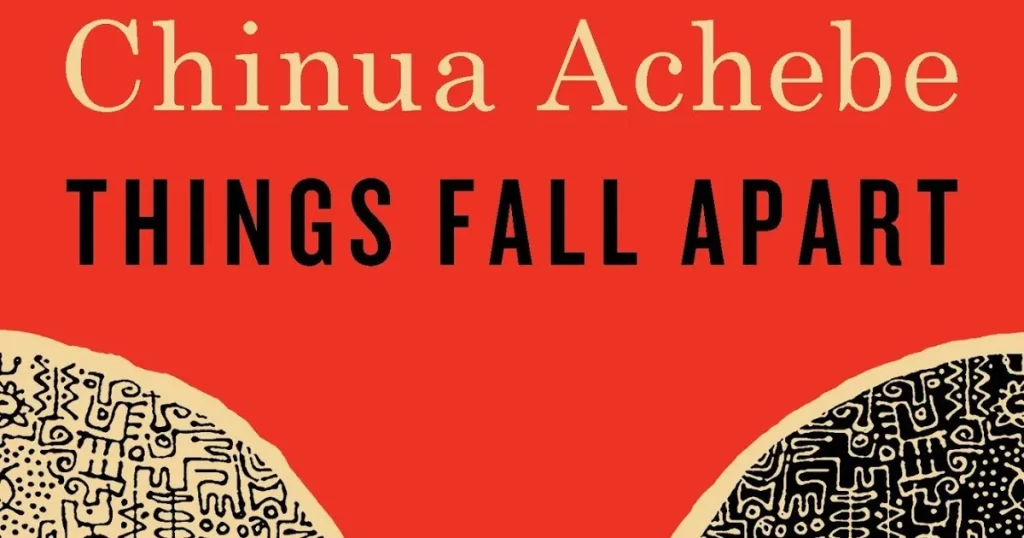
2. Half of a Yellow Solar, Chimamanda Ngozi Adichie- Nigeria
An acclaimed writer of novels, brief tales, and nonfiction, Adichie has been referred to as “probably the most distinguished” amongst a “procession of critically acclaimed younger anglophone authors who’re succeeding in attracting a brand new technology of readers to African literature.”
Identified for her character-driven tales, Half of a Yellow Solar (2006) explores the lives of three characters set towards the backdrop of the Biafran Conflict within the Sixties. The guide received her the Ladies’s Prize for Fiction in 2007. Different notable works embrace Purple Hibiscus (2003) and Americanah (2013).
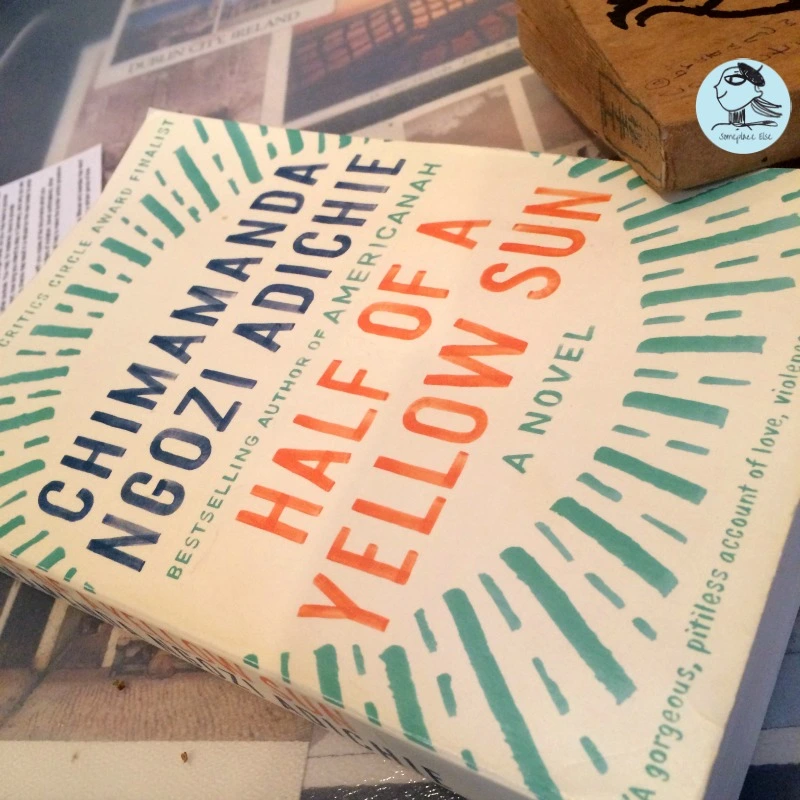
3. A Grain of Wheat, Ngugi wa Thiong’o- Kenya
Writing primarily in Gikuyu, Kenyan author and educational Ngũgi wa Thiong’o’s works embrace novels, performs, brief tales, and essays. A Grain of Wheat (1967), like most of Ngũgĩ’s writing, explores themes of colonialism and identification, reflecting his deep dedication to Africa’s cultural and political liberation.
His notable works embrace the novel “Petals of Blood”(1977) and the play “Ngaahika Ndeenda” (I Will Marry Once I Need).
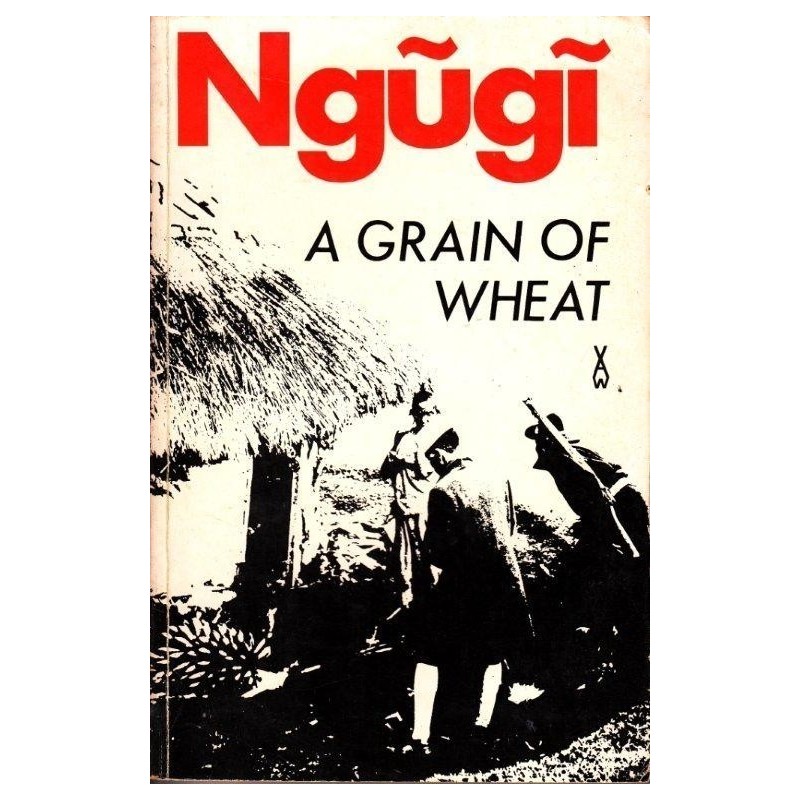
4. Our Sister Killjoy, Ama Ata Aidoo – Ghana
The Ghanaian writer, poet, playwright, and educational is famend for her works expressing sturdy feminist views. In her debut novel, Aidoo, she explores themes of identification, black diaspora, and colonialism. Our Sister Killjoy (1977), daring in its writing, explores themes equivalent to same-gender relationships, which had been thought-about past their time. She received the Commonwealth Writers’ Prize in 1992 with the novel Adjustments.
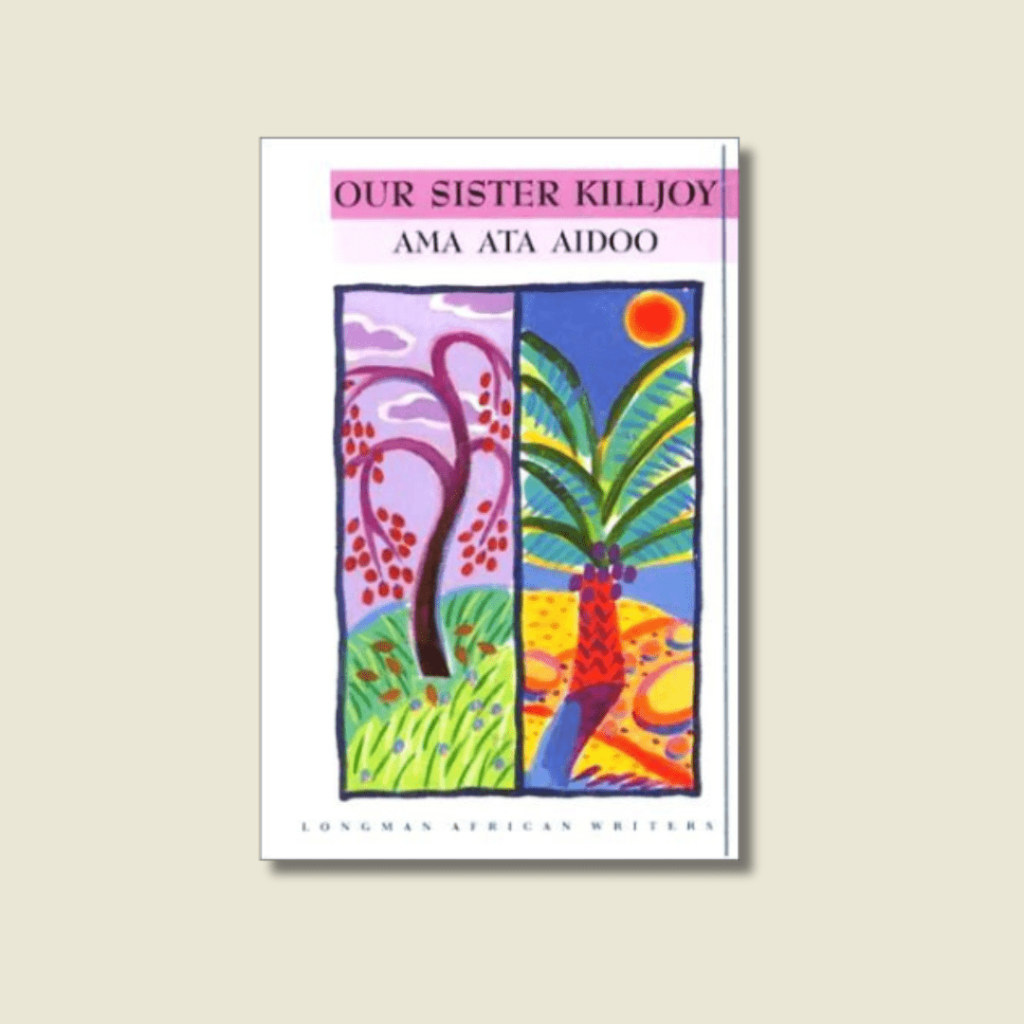
5. So Lengthy a Letter, Mariam Bâ – Senegal
So Lengthy a Letter (1979), a semi-autobiography, is a foundational work of African feminist literature. Writing primarily in French, Bâ’s works discover themes of gender, social change, and the function of girls in post-colonial African societies.
“So Lengthy a Letter” delves into the lifetime of a Senegalese girl grappling with the cultural and private ramifications of her husband’s polygamy, a stark actuality of the Western African girl.
This guide was awarded the primary Noma Prize for Publishing in Africa in 1980.
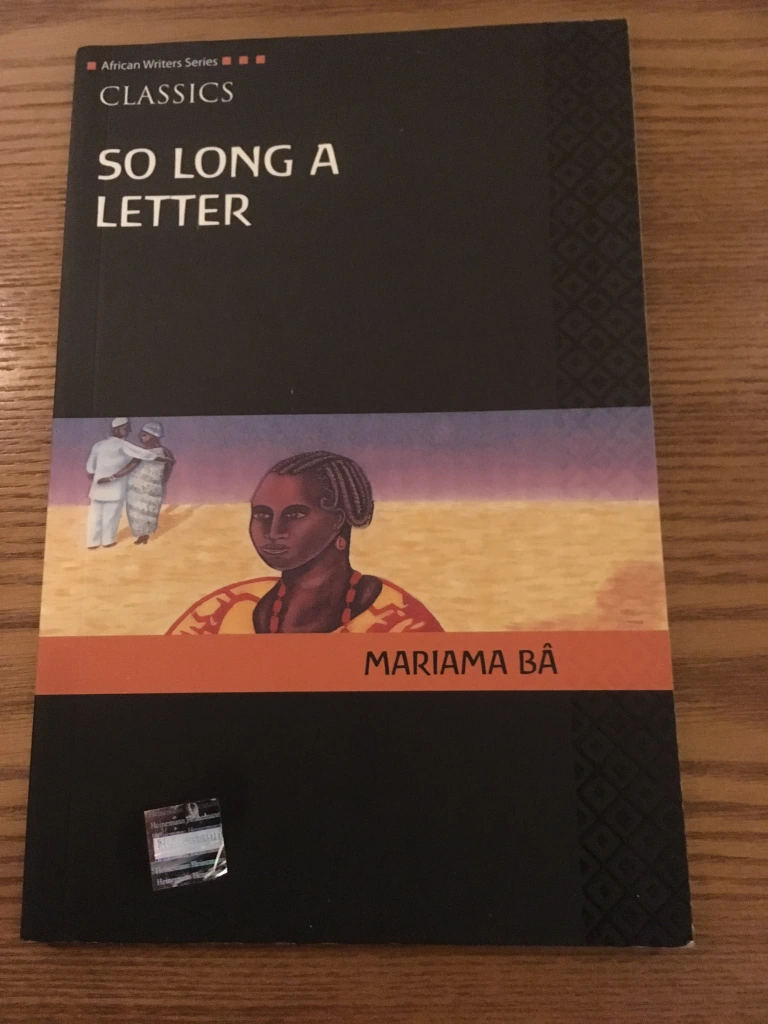
6. Cairo Trilogy, Naguib Mahfouz – Egypt
Mahfouz’s epic trilogy set in colonial Egypt portrays the charming story of a Muslim household in Cairo amidst Britain’s occupation of Egypt within the early twentieth century.
Exploring themes of sophistication, identification and colonialism, Cairo Trilogy (2001) is prolific in providing worthwhile historic perception amidst intense household drama.
This physique of labor earned him Egypt’s State Literary Prize for the Novel (1957) and the Nobel Prize in literature (1988).

7. Damaged Glass, Alain Mabanckou – Congo
Identified for his sharp wit and incisive social commentary, Alain Mabanckou’s writing is deeply rooted in his Congolese origins and French language. In his most well-known work closely characterised by satire, “Damaged Glass”(2005), Mabanckou delves into the lifetime of a Congolese trainer in a neighborhood bar who tries to doc his society’s tales however fails miserably.
He received the Prix Renaudot in France for an additional novel, Memoirs of a Porcupine (2006).

8. Nervous Circumstances, Tsitsi Dangarembga – Zimbabwe
Nervous Circumstances was first printed in the UK in 1988. It was the primary guide printed in English by a Black girl from Zimbabwe. Set in Rhodesia (present-day Zimbabwe), the novel focuses on Tambu’s journey as she navigates the challenges of training and identification in colonial Rhodesia. It explores themes of gender, race, and the complexities of post-colonial African society.
In This Mournable Physique (2020), Dangarembga returns to the protagonist of her acclaimed first novel, Nervous Circumstances, to look at the broader themes of colonialism and capitalism.
Nervous Circumstances received Greatest E-book of the Commonwealth Writers’ Prize in 1989.

9. Burger’s Daughter, Nadine Gordimer – South Africa
One of many distinguished writers of the apartheid period, Nadine delves deeply into social, ethical, and racial points in South Africa beneath apartheid rule. In “Burger’s Daughter”(1979), she portrays the challenges confronted by anti-apartheid activists.
Regardless of being awarded the Nobel Prize in Literature for her adept portrayal of a society rife with racial tensions, Gordimer confronted controversy. Her most well-known works had been banned inside South Africa for his or her outspoken critique of oppressive governmental constructions.
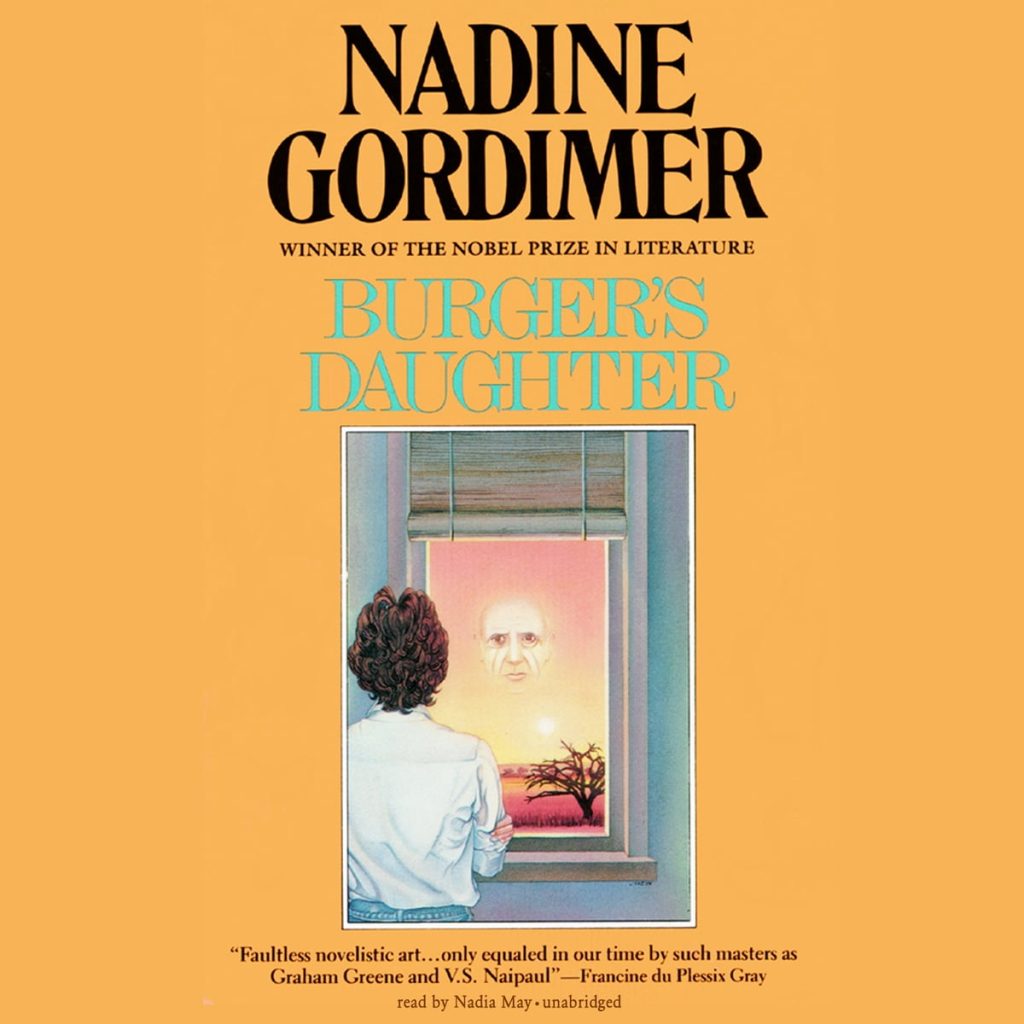
10. From a Crooked Rib, Nuruddin Farah – Somalia
Nuruddin Farah’s debut novel, “From a Crooked Rib” (1970), is titled after a Somali proverb: “God created girl from a crooked rib, and anybody who tries to straighten it breaks it.” The novel makes use of the expertise of a younger girl in an sad marriage to analyse the struggling of girls in Somali society.
Farah’s subsequent works, performs, novels, and brief tales proceed to ship strong social criticism, specializing in battle and postcolonial identification. His works have been translated into over twenty languages and received quite a few awards, together with the Neustadt Worldwide Prize for Literature.
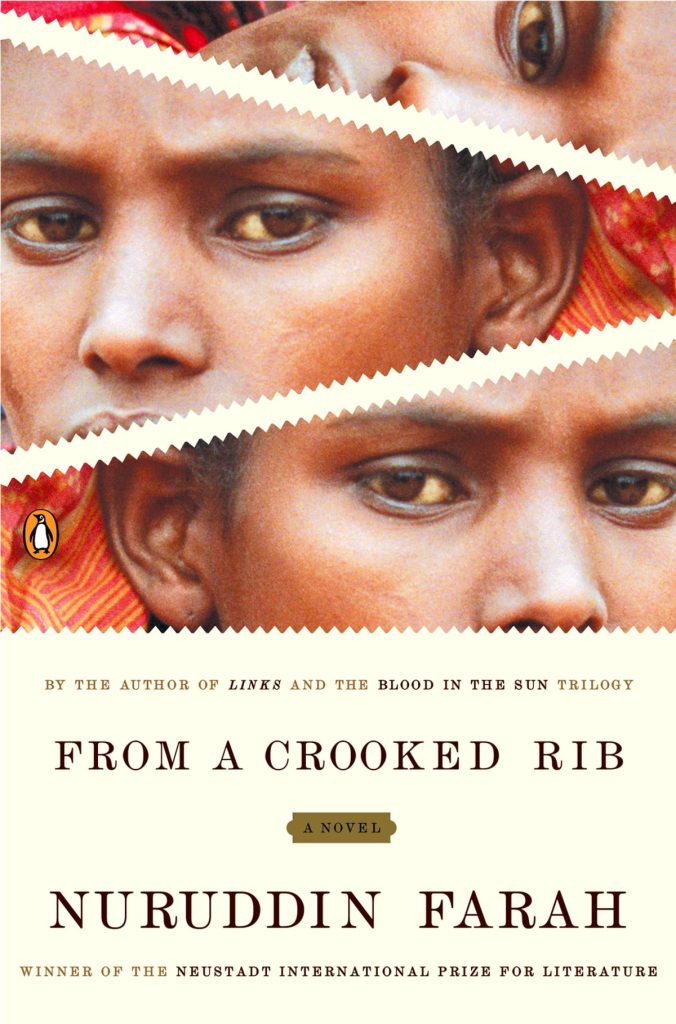
Credit score: Esther Musembi, Hen Story Company



